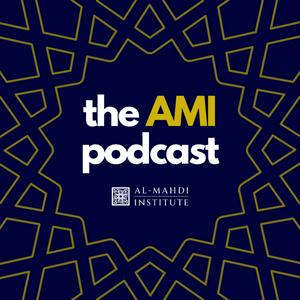No advertising. More Prime.
No advertising. More Prime.
No advertising. More Prime.
No advertising. More Prime.
The podcast starts in
- 0 sec.
Rumi and the Pure Heart: Reading the Qur’an Existentially with Dr Soroush | Thinking Islam | Ep.12
A People's History of Islam: Tales of Mystics, Pilgrims and the Ordinary by Dr Hassan Abbas
Why Are Shi‘as Still Mourning? Death, Muharram & Senses with Dr Babak Rahimi | Thinking Islam Ep. 11
Digital Spiritualism: A New Meaning to Religious Secularism in India by Dr Zairu Nisha
Techno-Gnosticism for the Digital Age: AI, Transhumanism, and the Flight from Embodiment by Professor Michal Valčo



The AMI Podcast